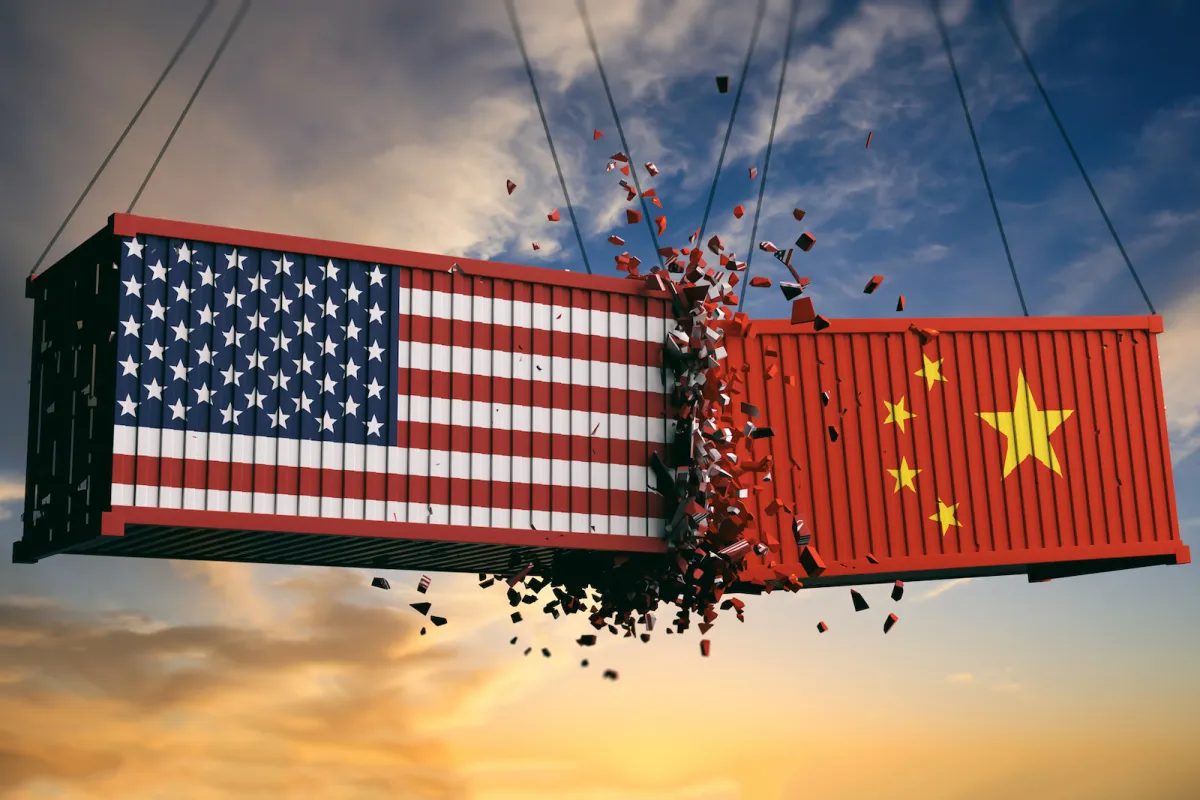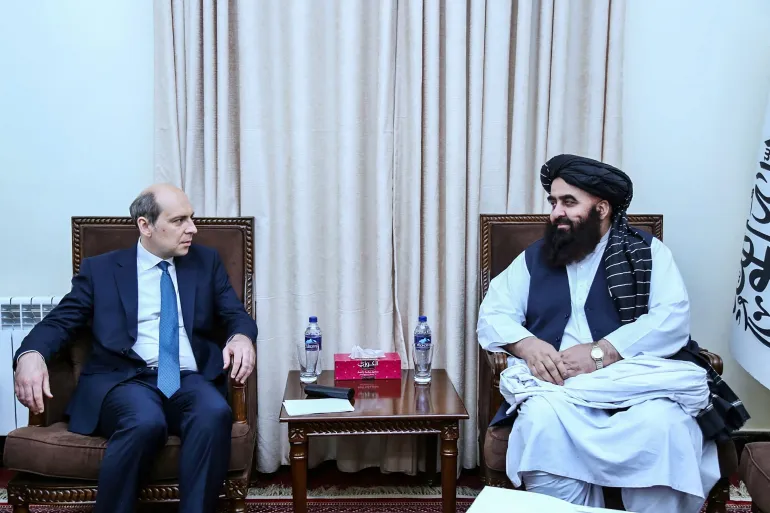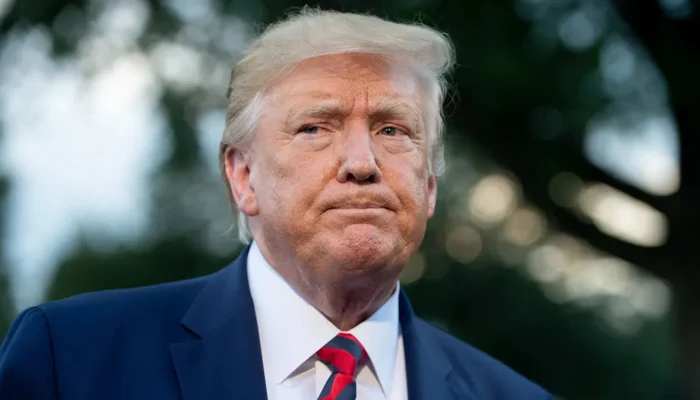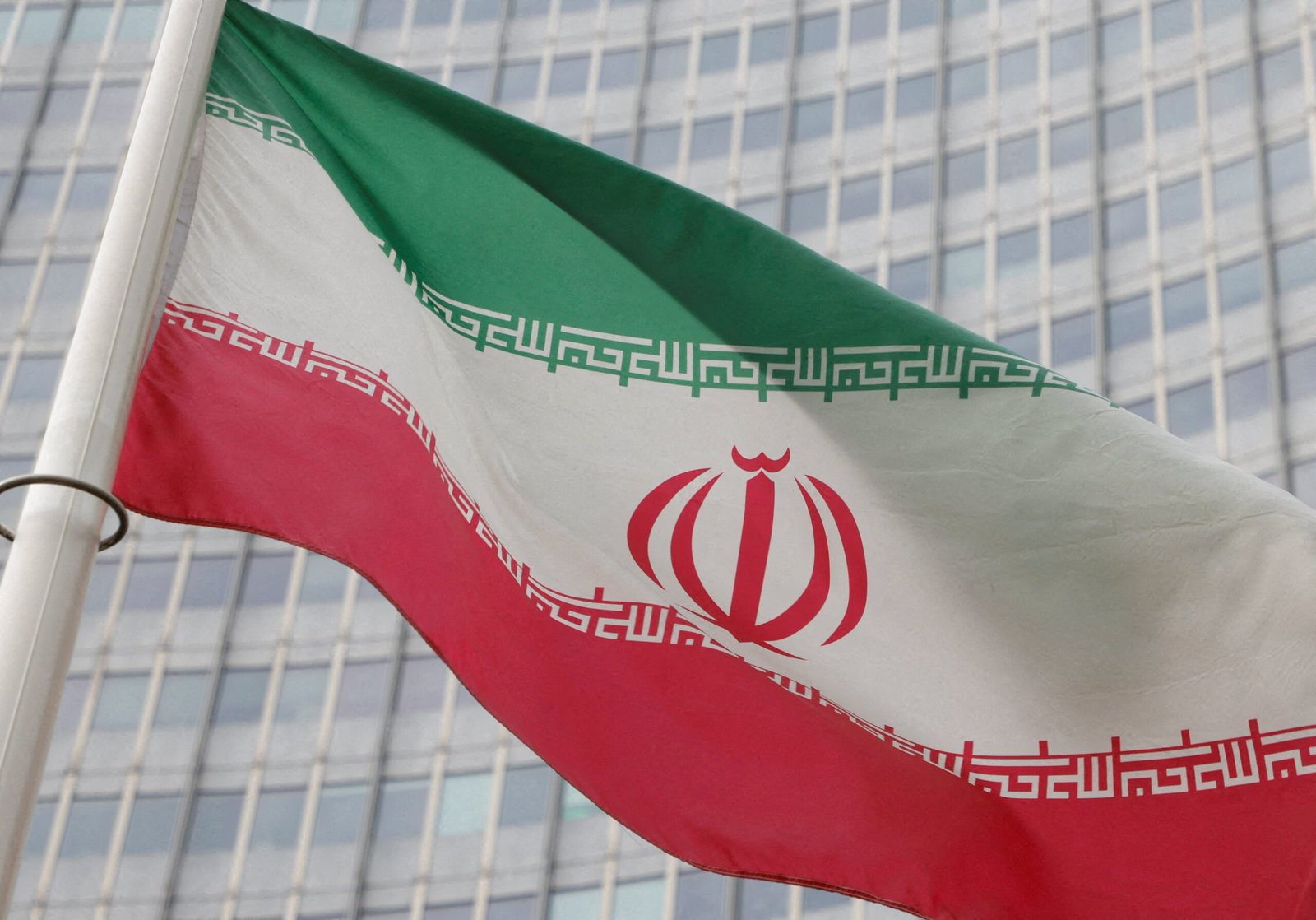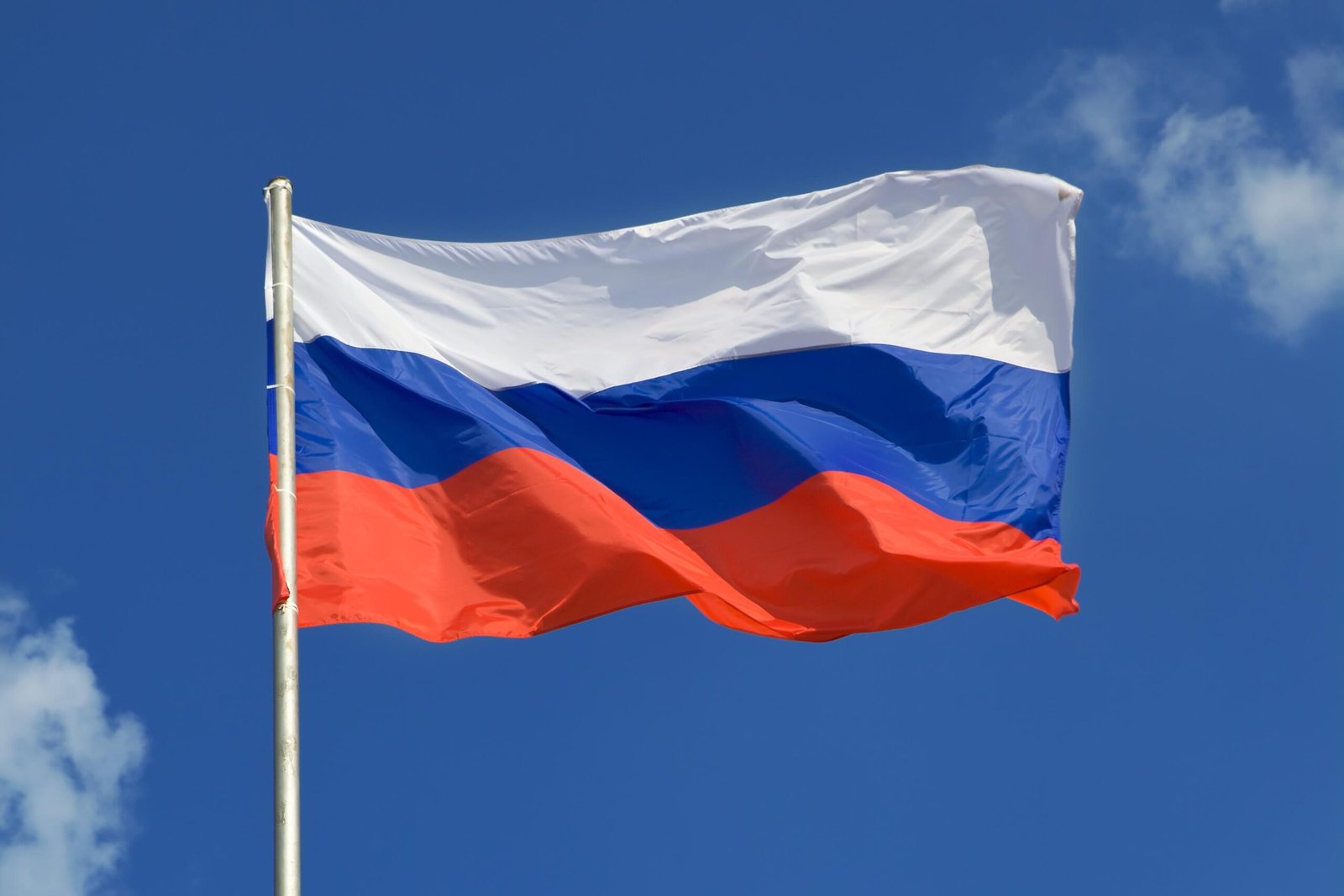Beijing has firmly rejected claims by Washington that tariff negotiations between the U.S. and China are underway, calling on the U.S. government to “stop misleading the public” about the status of bilateral trade discussions. The statement came after U.S. President Donald Trump claimed on Thursday that trade talks between the two global powers were progressing — a claim denied by both China’s foreign and commerce ministries.
Speaking at a press briefing on Friday, Chinese Foreign Ministry spokesperson Guo Jiakun clarified that no consultations or negotiations regarding tariffs are taking place between the two countries. When asked about potential exemptions on U.S. imports, Guo stated he was not aware of any current plans to lift or modify China’s existing tariffs.
This contradictory messaging between Beijing and Washington has only deepened uncertainty around the future of trade relations between the world’s two largest economies, raising concerns among global markets and businesses that depend on U.S.-China commerce.
The current impasse is the latest episode in a long-standing trade standoff that began during the Trump administration, which imposed steep tariffs on Chinese goods in 2018. China responded with retaliatory tariffs, and over multiple rounds, U.S. tariffs on Chinese products rose to 145%, while China’s tariffs on U.S. imports climbed to 125%. These measures have significantly disrupted supply chains and affected business operations on both sides.
While the Trump administration previously hinted at the possibility of reducing tariffs in exchange for talks, China has maintained that the U.S. must first withdraw its “unilateral” tariffs to create space for meaningful negotiations.
On Friday, in a separate development, China’s top policymakers met to address growing external economic pressures, emphasizing the importance of stabilizing domestic businesses and protecting jobs. This aligns with reports suggesting that China may be considering limited tariff exemptions on certain U.S. goods as a way to ease trade war tensions and safeguard its economy.
These signals — though mixed — suggest that both Washington and Beijing are cautiously exploring off-ramps to a prolonged trade conflict. Analysts say the possible move by China to exempt some U.S. imports reflects growing concern in Beijing about the impact of prolonged tariffs on its own economic stability.
Despite the denials, this week’s flurry of statements has reignited speculation that backchannel discussions or internal policy shifts may be quietly taking place, especially as global economic growth shows signs of strain and political dynamics evolve in both nations.
Still, for now, China remains firm: there are no formal talks on tariffs, and the ball is in Washington’s court to restore trust and fairness in the trade relationship.



